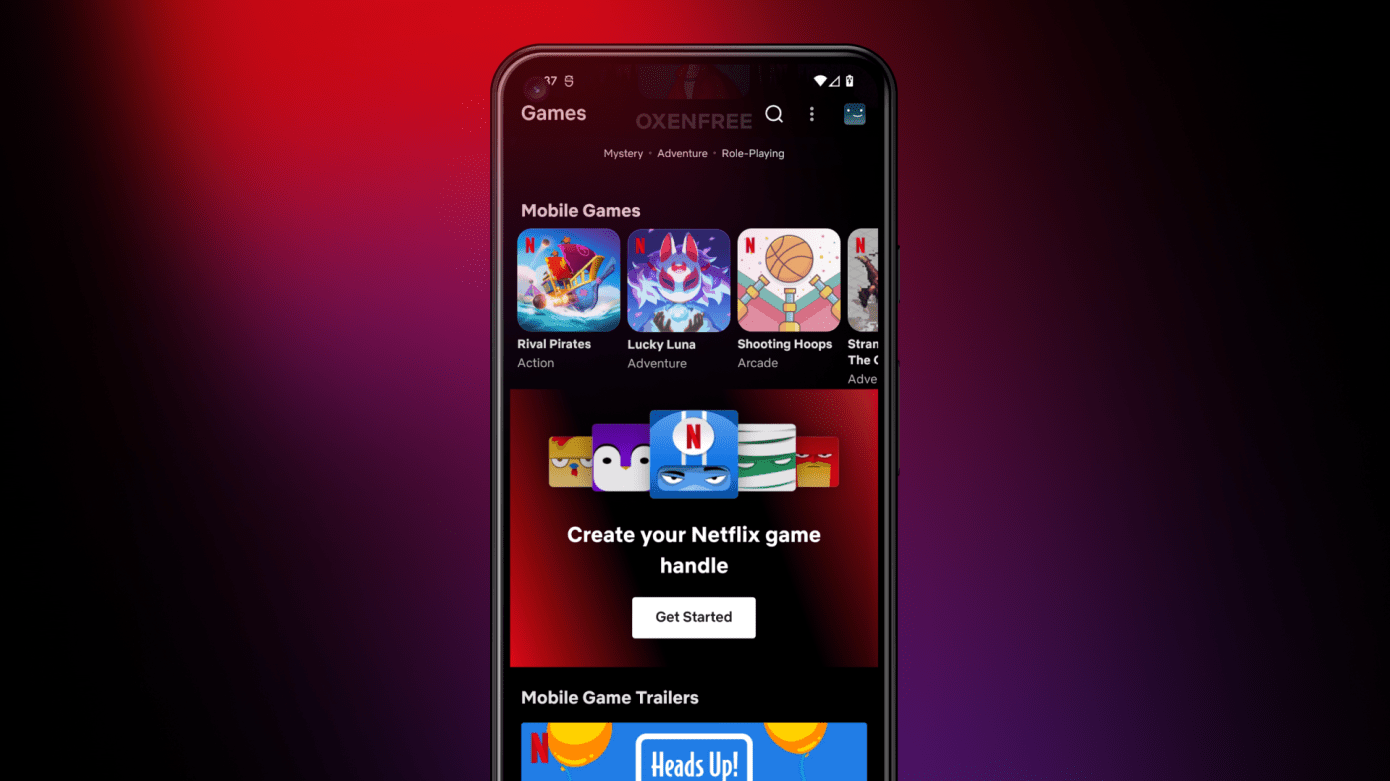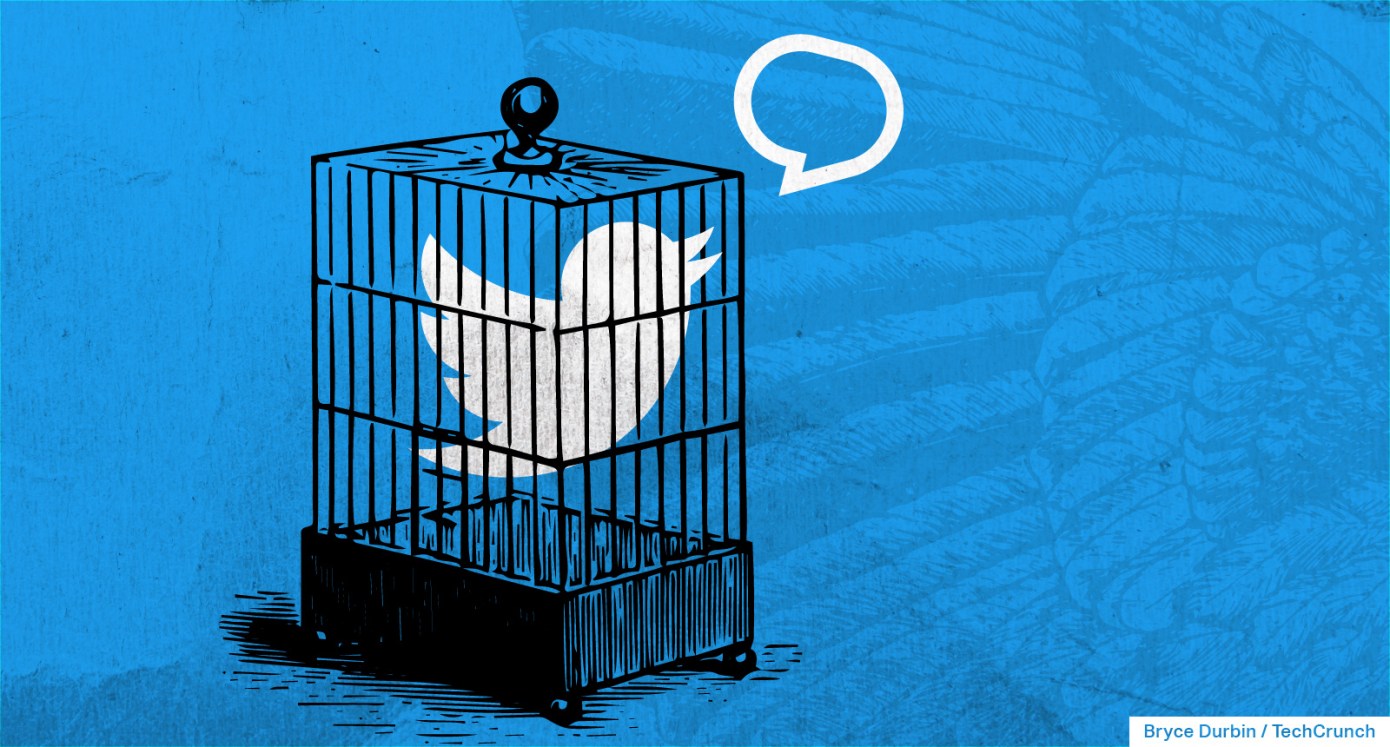Find out the week’s top mobile stories from around the world. Stories this week include… GPT-4 poses too many risks and releases should be halted, AI group tells FTC, Google opens cloud fight with Microsoft, Netflix appears to be working to bring games to TV with the iPhone as a controller and much more…

GPT-4 poses too many risks and releases should be halted, AI group tells FTC
Ars Technica
A nonprofit AI research group wants the Federal Trade Commission to investigate OpenAI, Inc. and halt releases of GPT-4.
OpenAI “has released a product GPT-4 for the consumer market that is biased, deceptive, and a risk to privacy and public safety. The outputs cannot be proven or replicated. No independent assessment was undertaken prior to deployment,” said a complaint to the FTC submitted today by the Center for Artificial Intelligence and Digital Policy (CAIDP).
Read more…
Google opens cloud fight with Microsoft
Mobile World Live
Alphabet’s Google reportedly took aim at Microsoft for anti-competitive cloud practices, urging the European Union to scrutinise the company’s deals with several vendors in the market, intensifying a growing rivalry between the pair.
Google Cloud VP Amit Zavery told Reuters Microsoft took an anti-competitive stance in the sector, muddying the waters of customer choice by tying Office 365 and Windows products to its Azure service.
Read more…
Netflix appears to be working to bring games to TV with the iPhone as a controller
TechCrunch
Netflix is working on a new feature that could bring its mobile games to the TV. Based on code hidden within Netflix’s iOS app, the company may allow iPhones to be used as video game controllers.
The code was discovered by app developer Steve Moser and reported by Bloomberg. One line of code says, “A game on your TV needs a controller to play. Do you want to use this phone as a game controller?”
The findings point to a major move from the company as it shifts from smartphones and tablets to the big screen.
Read more…
China to reach 1bn 5G connections by 2025, says GSMA
Vanilla plus
The GSMA today hosted the Post-MWC Sharing event in Beijing with senior stakeholders of the digital ecosystem in China as well as international partners, to discuss insights on key growth trends, industry challenges, key opportunities for global cooperation, as well as development opportunities for multinational enterprises in China.
In remarks made at the event, Mats Granryd, director general of the GSMA, says “We need to work together as we enter a new era of exploration where networks meet cloud, digitalisation transforms industries and the metaverse creates new possibilities. With our collective vision, wisdom, and action, we can overcome challenges and shape the future of mobile. I am delighted to be back in China and look forward to discussing insights with stakeholders from the digital ecosystem, looking at key growth trends, innovation and development.”
Read more…
2023: The Year Digital Identities Go Mainstream
Forbes
Since the pandemic, we’ve seen the use of digital identity evolve alongside our hybrid lifestyles, as more businesses and government agencies were pushed to move interactions online rather than in person. By 2021, several countries began exploring digital vaccine passports for travel given the acute need for convenient, secure confirmation of a traveler’s health status. Although not a concern anymore for most governments and individuals, it’s a use case that drove home the value of digital identities more clearly to both private companies and government entities.
Read more…
Global Cellular IoT Module Shipments Jump 14% YoY in 2022 to Reach Highest Ever
IoT Business News
Global cellular IoT module shipments grew 14% YoY in 2022 to register record high annual volume, despite macroeconomic headwinds, according to Counterpoint’s latest Global Cellular IoT Module and Chipset Tracker by Application report.
The resumption of smart meter implementation, ongoing retail POS upgrades, intelligent asset tracking and the continued growth in connected cars due to progress in electrification and autonomous capabilities were some of the key drivers for the double-digit percentage growth in demand for IoT modules..
Read more…
Mobile game market stabilizes above pre-pandemic levels | Data AI
Venture Beat
The latest reports from Data.ai suggests that mobile gaming’s new normal is a much higher plateau than it was in the pre-pandemic years. The company released both its Q1 Gaming Index and its State of Mobile Gaming 2023 reports this week, and both indicate that the mobile games market is stabilizing in the years after the pandemic-era boom.
The Q1 Index predicts that gamers will spend more than $1.6 Billion a week on games in the first quarter of this year. That’s about a 28% increase on spending from pre-pandemic levels, which is around Q1 2020. They’re also downloading games at a rate of 1.2 billion titles per week globally. The numbers aren’t as high as they were in peak-pandemic periods, such as Q1 in 2021 or 2022, but they are above where they were at the beginning of worldwide shutdowns.
Read more…
New Twitter API tiers still miss the mark, developers say
TechCrunch
A number of Twitter developers are expressing their disappointment with Twitter’s new API structure after recently announced changes that some say will still not meet their needs. On Wednesday evening, Twitter revealed its new API pricing plans, weeks after initially announcing its plan to shut down its free API. Now, there will be three new tiers for developers: a “Free” tier with 1,500 tweets per month, a $100 per month “Basic” tier with expanded access and an “Enterprise” tier that reportedly costs $42,000 per month.
For many developers, the first two levels may not be sufficient and the enterprise level is too expensive.
Read more…
The state of mobile digital experiences
Mobile Marketing Magazine
Consumers have been leaning towards their mobile devices for several years. For example, The Guardian newspaper reported that UK online shopping on mobiles had overtaken web in 2014. But while brands have been aware of the mobile opportunity for some time (ads targeting mobile devices have been climbing to the current level of 48 per cent of digital advertising spending in Europe), the COVID-19 pandemic became a significant change driver, elevating opportunity to requirement.
During lockdowns, people resorted to dealing with their banks and insurers and shopping online. In addition, they rediscovered the ease of mobile payment methods like Apple Pay, Samsung Pay and PayPal, making staying on their mobiles long after lockdowns lifted all the more enticing.
Read more…
More conversion, less fraud: the right way to do mobile onboarding
Information Age
If you do any business online, you already know that the mobile user base has grown to engulf that of desktop in the past five years, and is still growing. But in an age when users expect instant results, if your mobile onboarding experience is out of date, you could be flagging behind the competition.
Strong security for the onboarding process in your app has gone from a nice-to-have to a must-have – and we all know that passwords alone are not sufficient to keep out fraud and spam. The problem is that most standard 2FA (two-factor authentication) irritates users – retrieving codes via email or SMS is a leaky, unreliable process, involving context switches, for users who just want to get started with your app.














